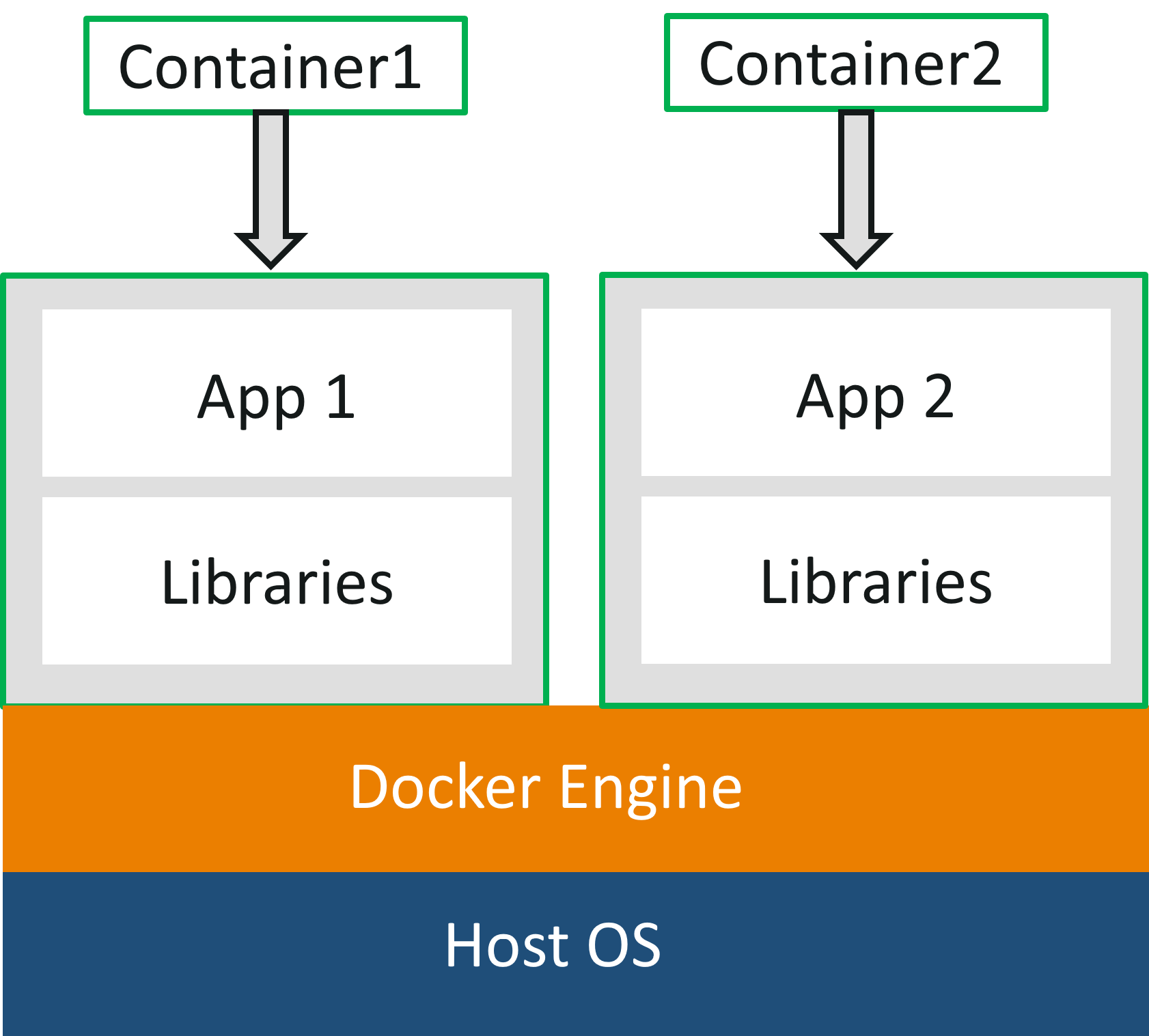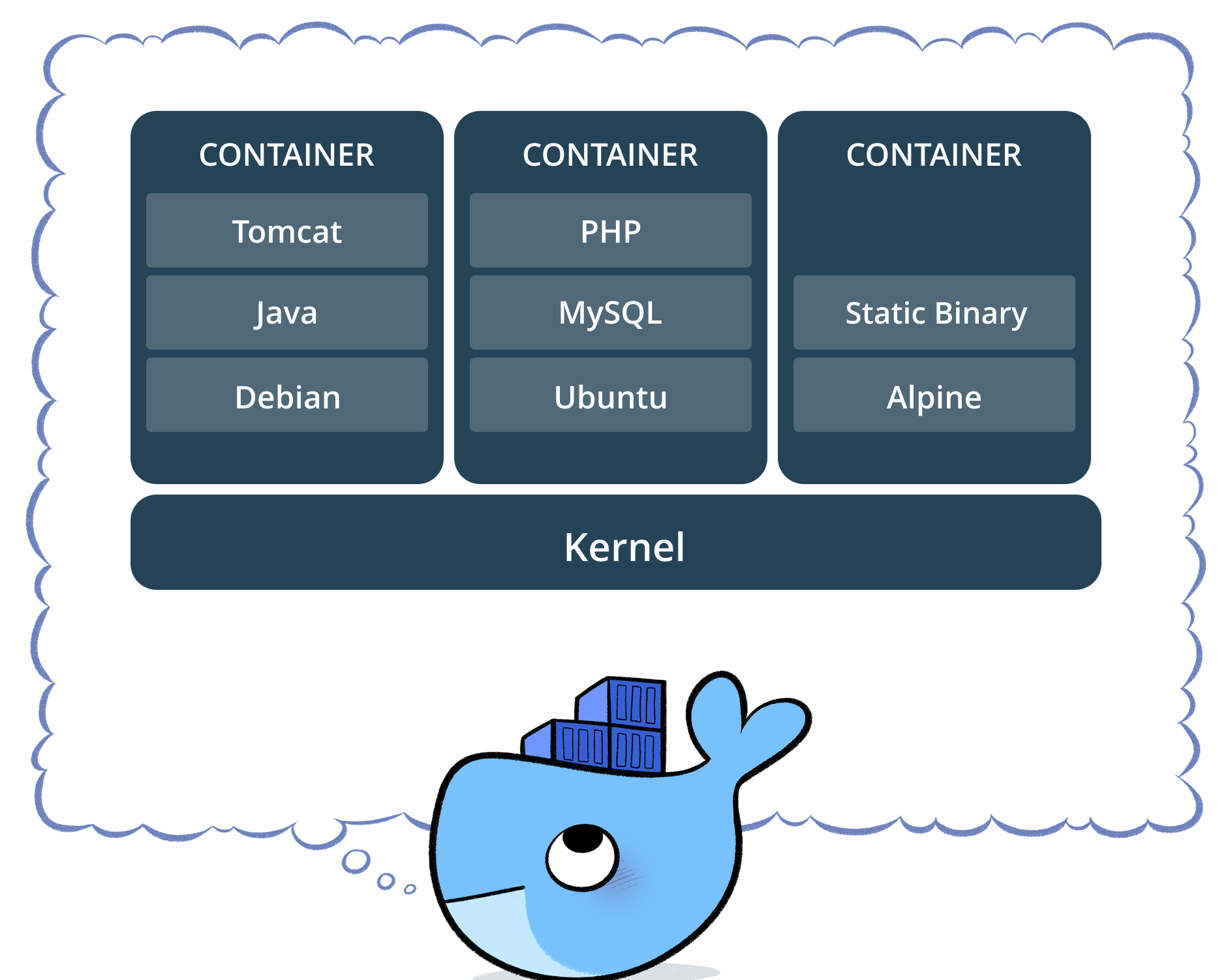Introduction to Docker: Containerization Made Easy

Docker is a revolutionary platform that has transformed the way we build, ship, and run applications. It allows users to encapsulate their applications into lightweight, portable containers, which can be deployed and managed across multiple environments effortlessly. This innovative technology offers a host of advantages, making it a cornerstone of modern software development and deployment practices.

With Docker, applications are packaged into containers that include all necessary dependencies and configurations, regardless of the underlying infrastructure. These self-contained units can be shipped and deployed consistently across different environments, from local development machines to production servers. This ensures that applications behave as intended, reducing the risk of errors and compatibility issues.

Docker containers are lightweight, consuming minimal resources compared to traditional virtual machines. This efficiency enables the deployment of more applications on a single server, maximizing computing power and reducing costs. The small footprint of containers also accelerates the startup and deployment process, allowing for faster development and testing cycles.
One of the key benefits of Docker is its ability to promote collaboration and standardization. Developers can share and distribute containers, enabling teams to work on different components of an application simultaneously. Moreover, standardized containers facilitate the seamless integration of third-party services and applications, reducing development time and effort.
Furthermore, Docker provides a powerful management platform that allows users to easily manage and monitor containers. This centralized control enables administrators to automate tasks, troubleshoot issues, and maintain security and compliance. With Docker, teams can streamline their operations and improve the overall efficiency of their application lifecycle management.
In conclusion, Docker is a game-changer in the world of software development and deployment. It empowers users to create and manage portable, lightweight containers that can run consistently across multiple environments. Its advantages, including streamlined deployment, efficient resource utilization, collaboration, and management simplicity, make it an indispensable tool for modern application development and operations.## Introduction to Docker: Containerization Made Easy
Executive Summary
Docker is a platform that simplifies containerization, providing developers with a consistent environment to build, ship, and run applications across different machines. This article offers a comprehensive overview of Docker, its key concepts, and the benefits it offers.
Introduction
Docker has revolutionized the way developers approach application development and deployment. By utilizing containers, Docker empowers developers to package and isolate applications along with their dependencies within a standalone, executable package. This allows applications to run consistently across different environments, ensuring reliable and efficient execution.
Key Concepts of Docker
Containerization:
- Containerization involves bundling an application with all its essential components, such as code, libraries, and runtime dependencies, into a lightweight container.
- Unlike virtualization, which requires creating an entire virtual machine, containers share the host machine’s kernel, making them efficient and lightweight.
Container Image:
- A container image is an immutable template for creating a container.
- It contains all the necessary files, packages, and configurations required to run an application.
- Developers can leverage pre-built images from registries or create their own custom images.
Container Registry:
- Container registries are central repositories for storing and distributing container images.
- Public registries like Docker Hub offer a wide range of images, while private registries enable organizations to manage their own collection of images.
Docker Engine:
- Docker Engine is the runtime environment for creating, managing, and running containers.
- It allows developers to execute commands to interact with containers, such as building, starting, and stopping them.
Orchestration:
- Docker orchestrators, like Kubernetes and Docker Swarm, manage and automate the deployment and scaling of containers across multiple hosts.
- They provide advanced features such as load balancing, service discovery, and automatic failover.
Benefits of Using Docker
- Consistency: Docker ensures consistent execution of applications across different environments, regardless of the underlying infrastructure.
- Efficiency: Containers are lightweight and efficient, reducing resource consumption and improving application performance.
- Portability: Containerized applications can be easily moved between different hosts or cloud platforms without any modifications.
- Isolation: Containers provide isolation between applications, preventing resource conflicts and potential security vulnerabilities.
- Flexibility: Docker offers flexibility in managing application dependencies and configurations, allowing developers to customize their containers according to specific requirements.
Conclusion
Docker has emerged as a powerful tool for simplifying application development and deployment. By leveraging containerization, developers gain the benefits of consistency, efficiency, portability, and flexibility. Whether you’re building new applications or modernizing existing ones, Docker is an invaluable asset that can streamline your development process and enhance your application’s performance.
Keyword Phrase Tags
- Docker Containerization
- Container Image
- Container Registry
- Docker Engine
- Docker Orchestration

This is a great guide to Docker! I’m new to Docker, and this guide has helped me understand the basics of the technology. I’m excited to start using Docker to develop and deploy my applications.
Docker is a great tool, but it can be difficult to get started with. This guide is a great resource for beginners.
I’ve been using Docker for a few years now, and I find it to be a very powerful tool. However, I think this guide could be improved by providing more detailed instructions on how to use Docker.
This guide is a good overview of Docker, but it doesn’t go into enough detail for experienced users.
Docker is a great tool, but it can be difficult to get started with. This guide is a good resource for beginners, but it could be improved by providing more detailed instructions.
Docker is a great tool, but it can be difficult to get started with. This guide is a good resource for beginners, but it could be improved by providing more examples.
Docker is a great tool, but it can be difficult to get started with. This guide is a good resource for beginners, but it could be improved by providing more detailed instructions.
This guide is a great resource for beginners. It provides a clear and concise overview of Docker.
This guide is a good overview of Docker, but it could be improved by providing more examples.
I’ve been using Docker for a few years now, and I find it to be a very powerful tool. This guide is a great resource for beginners, but it could be improved by providing more detailed instructions.
Docker is a great tool, but it can be difficult to get started with. This guide is a good resource for beginners, but it could be improved by providing more examples.